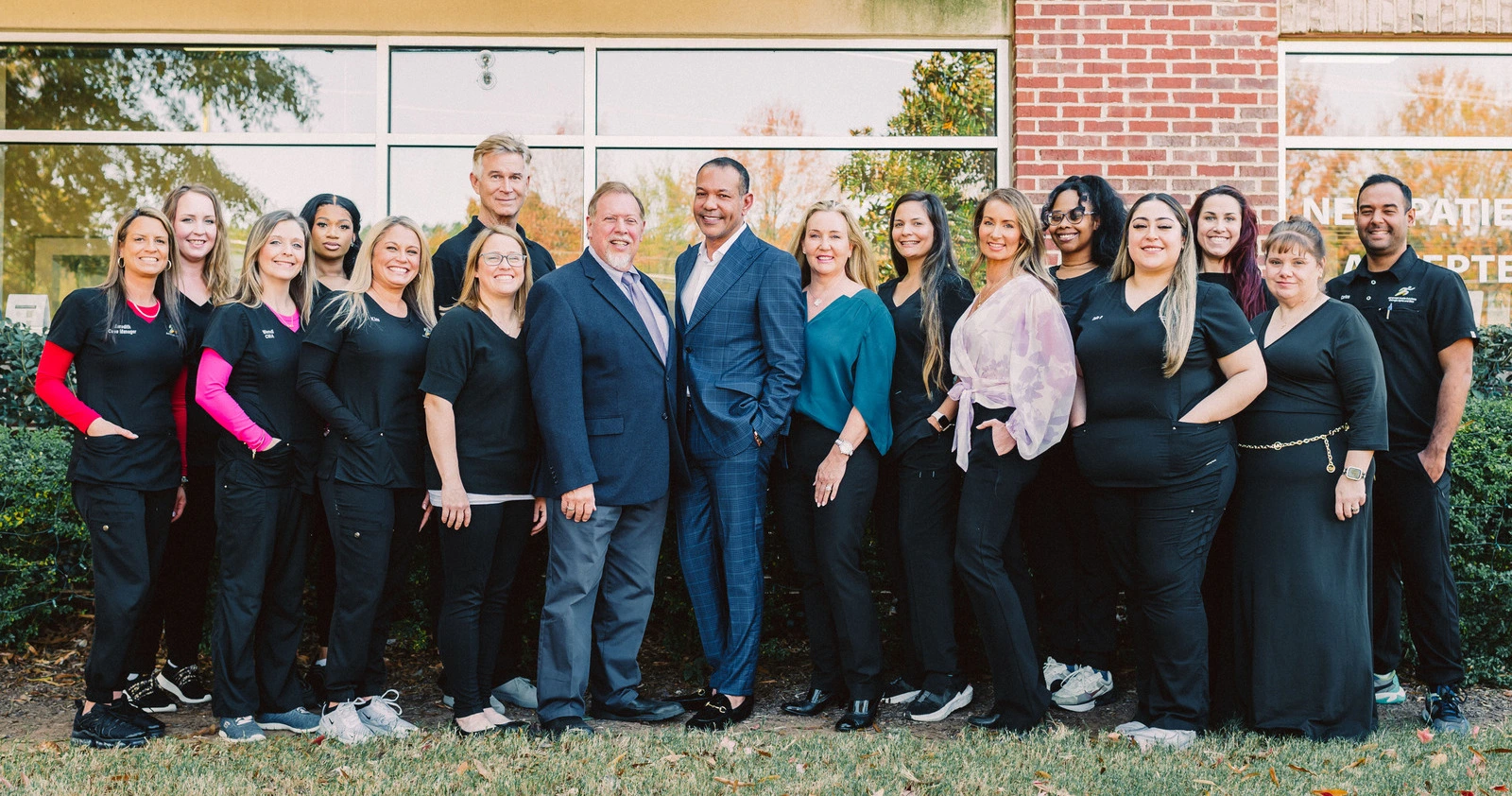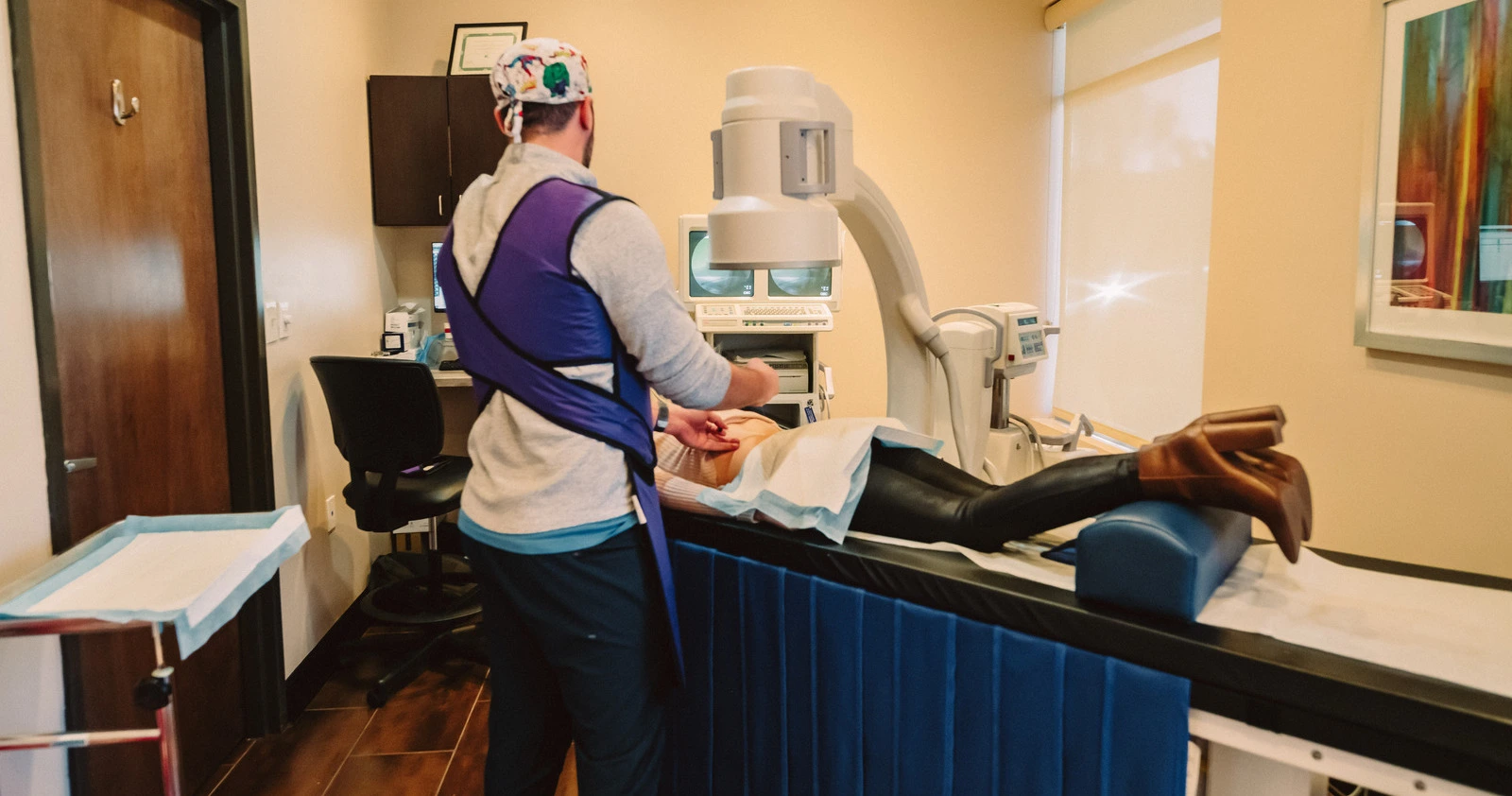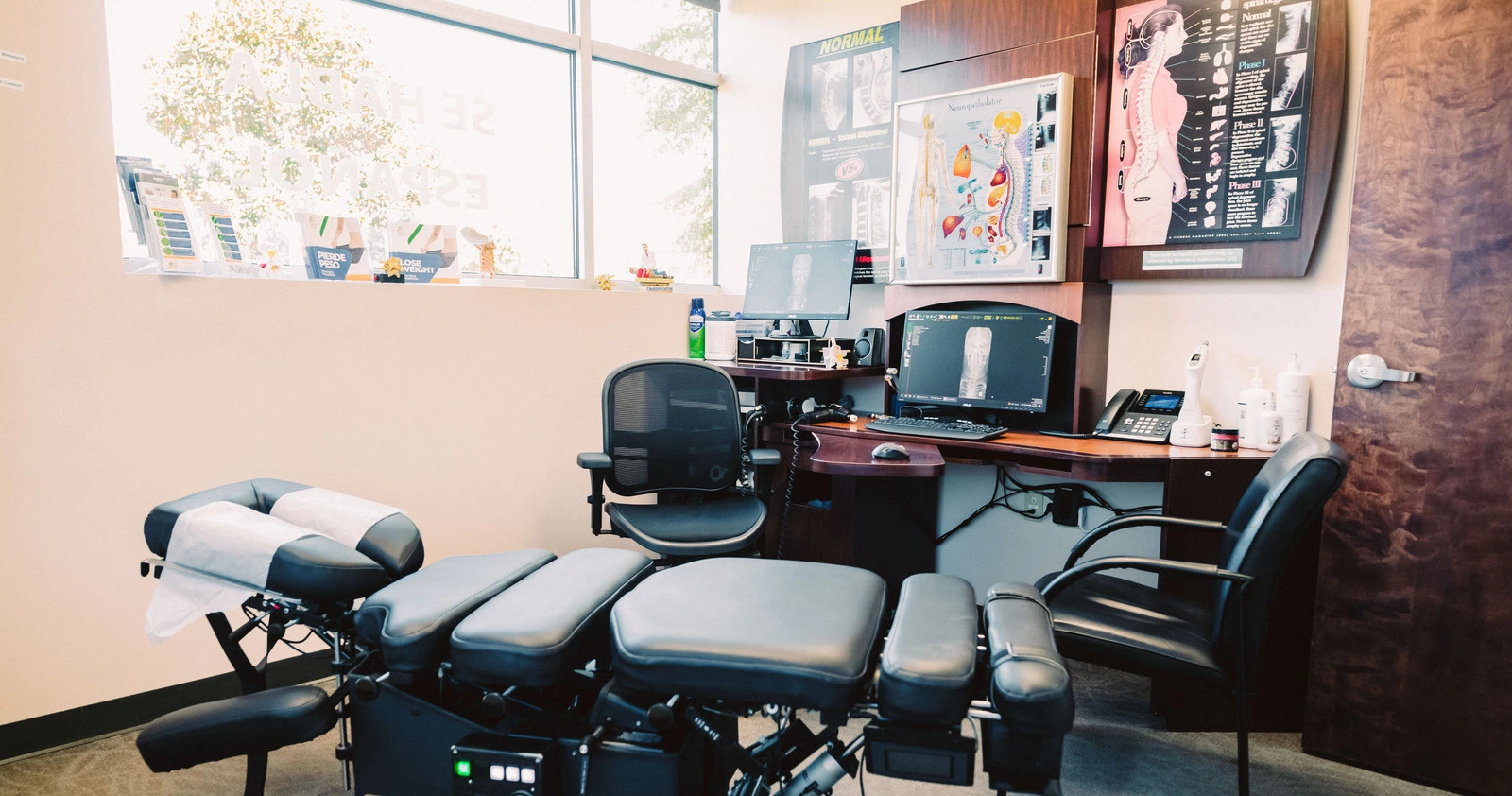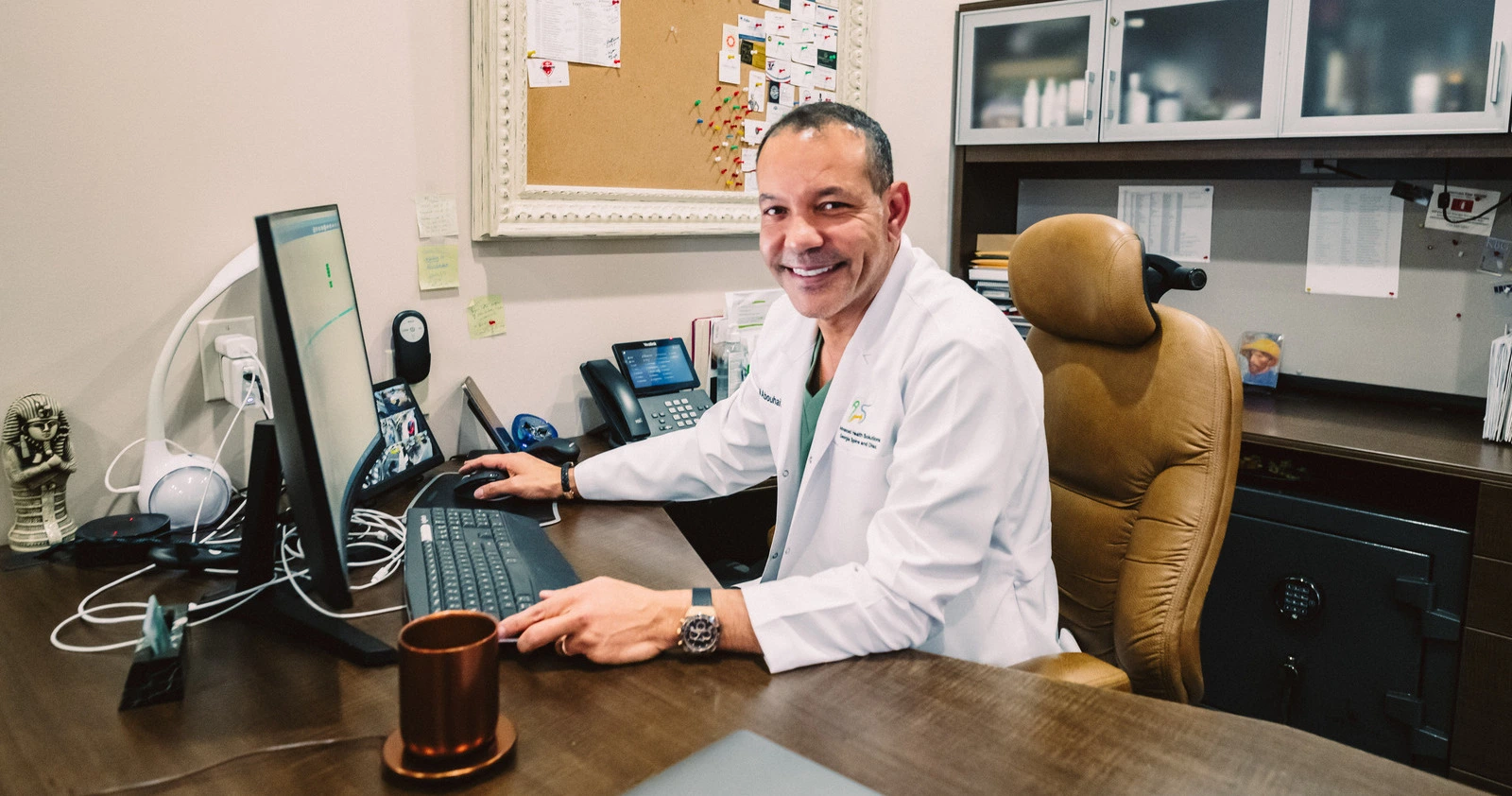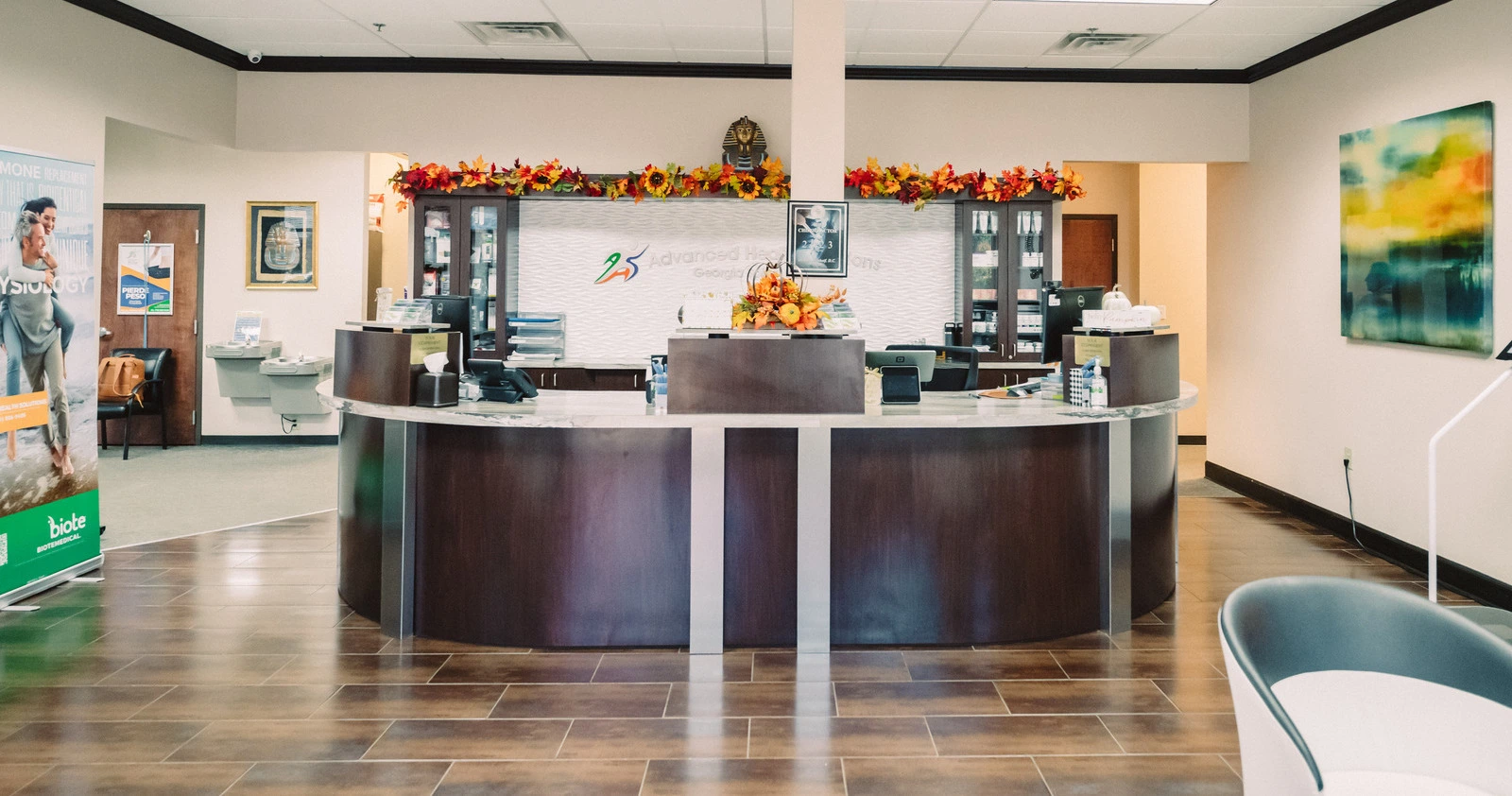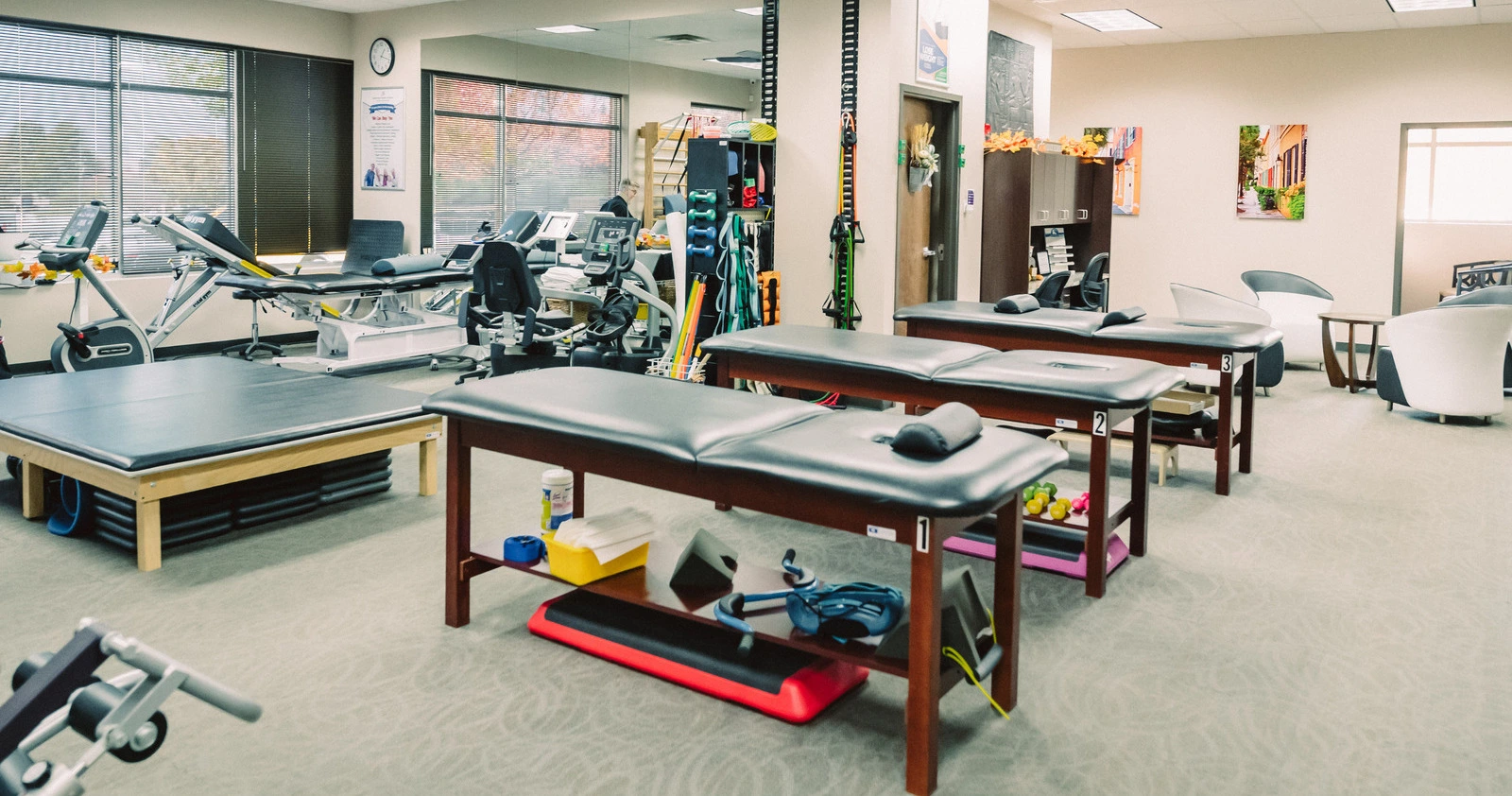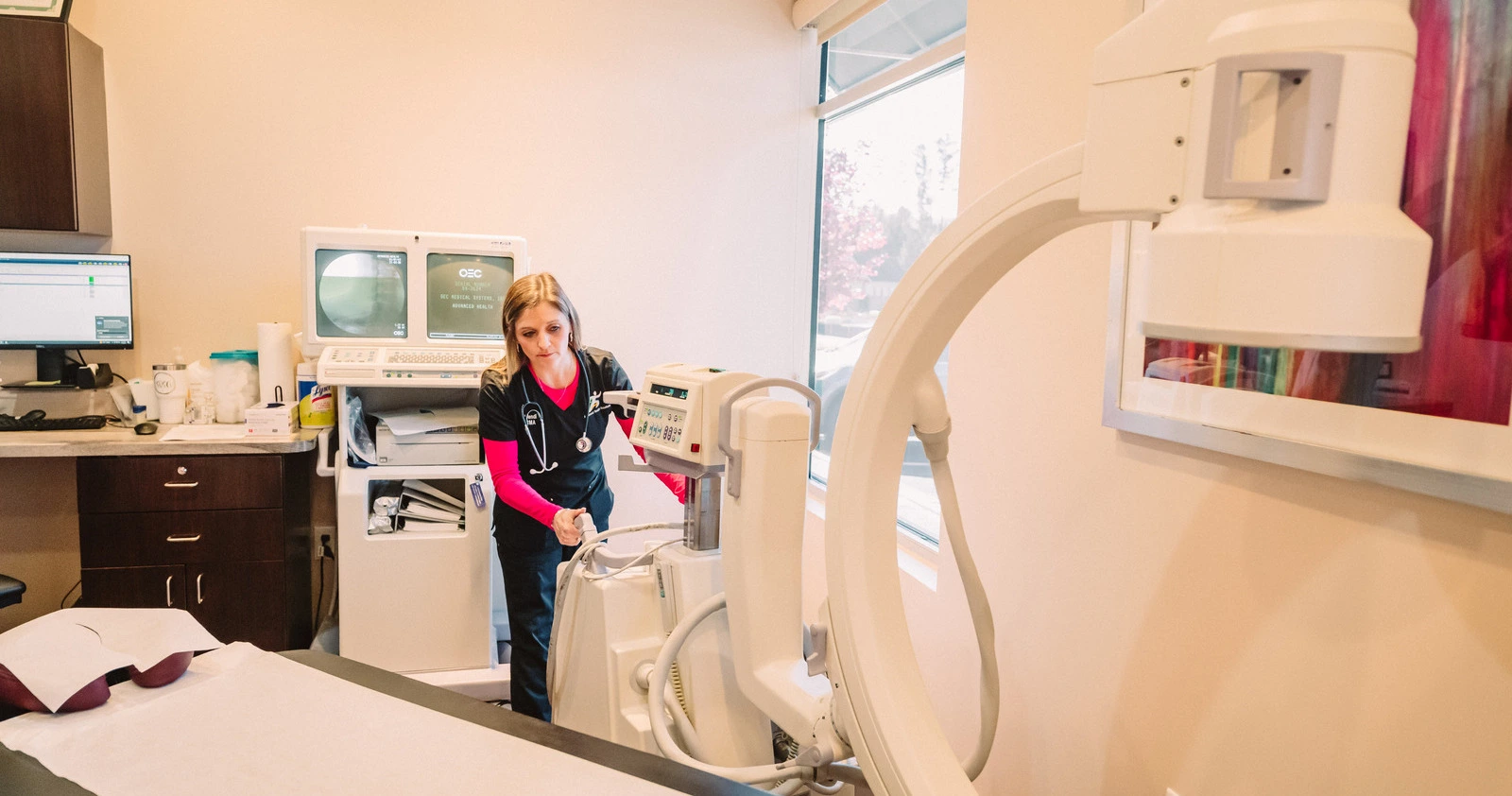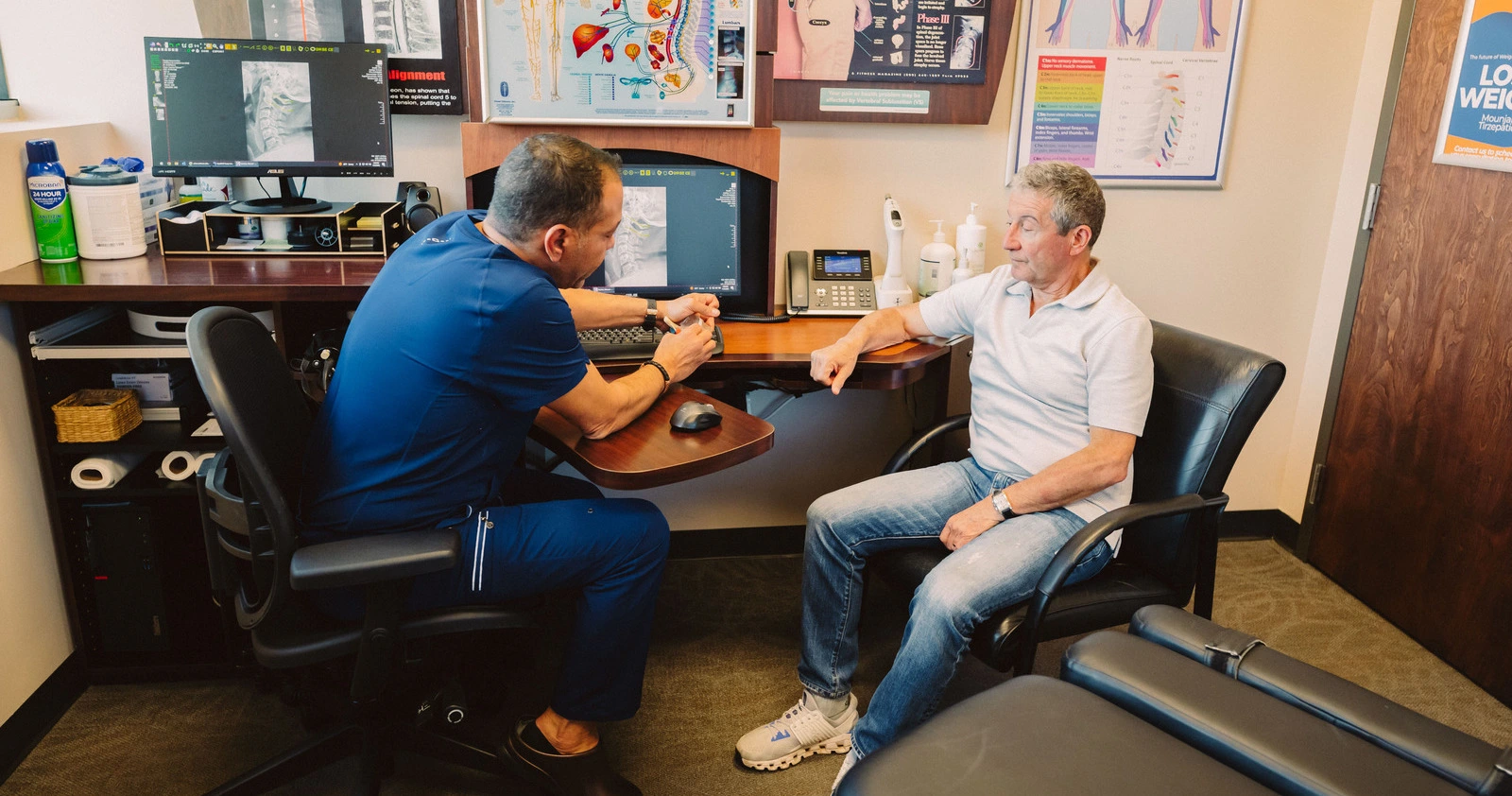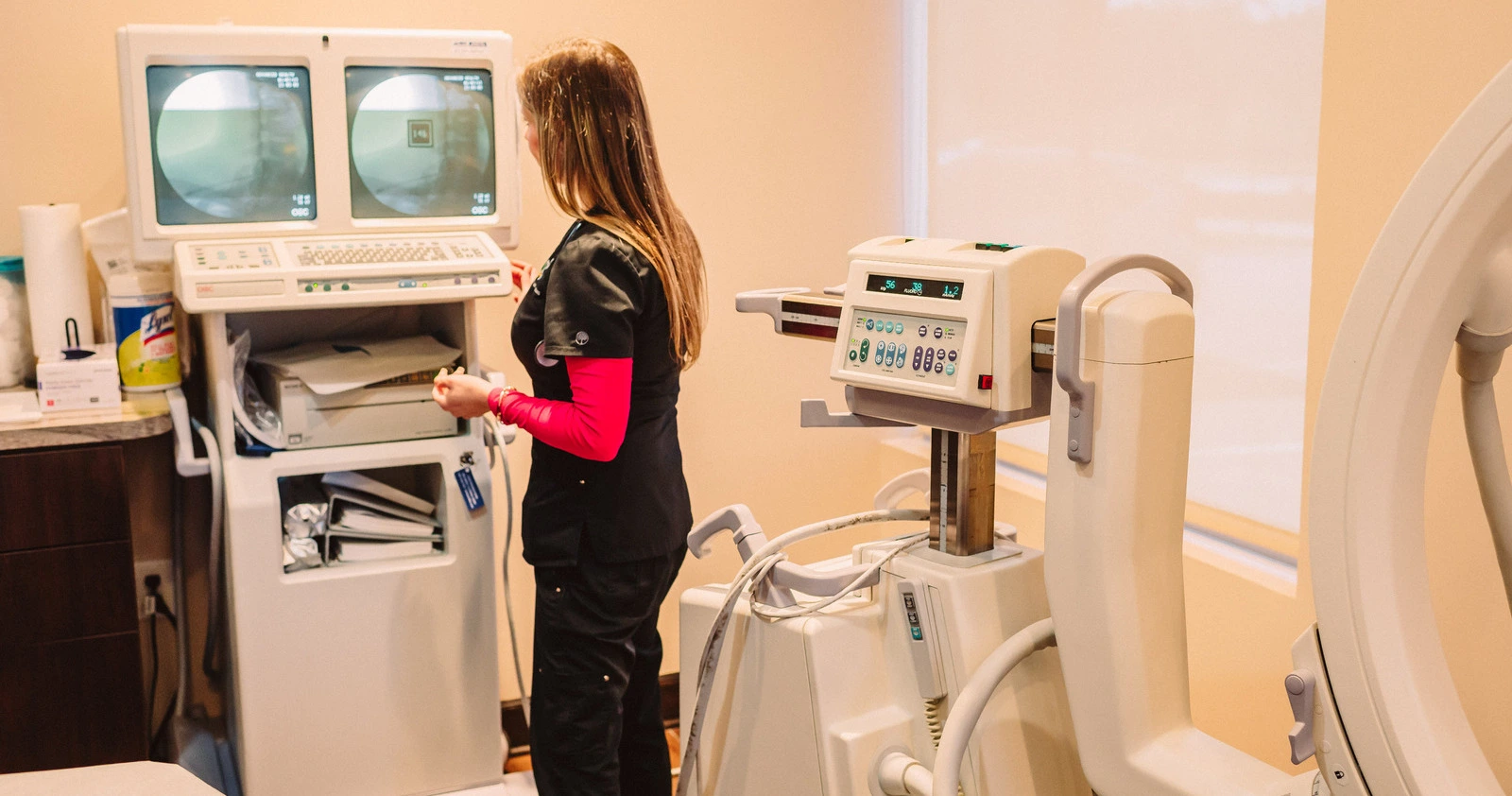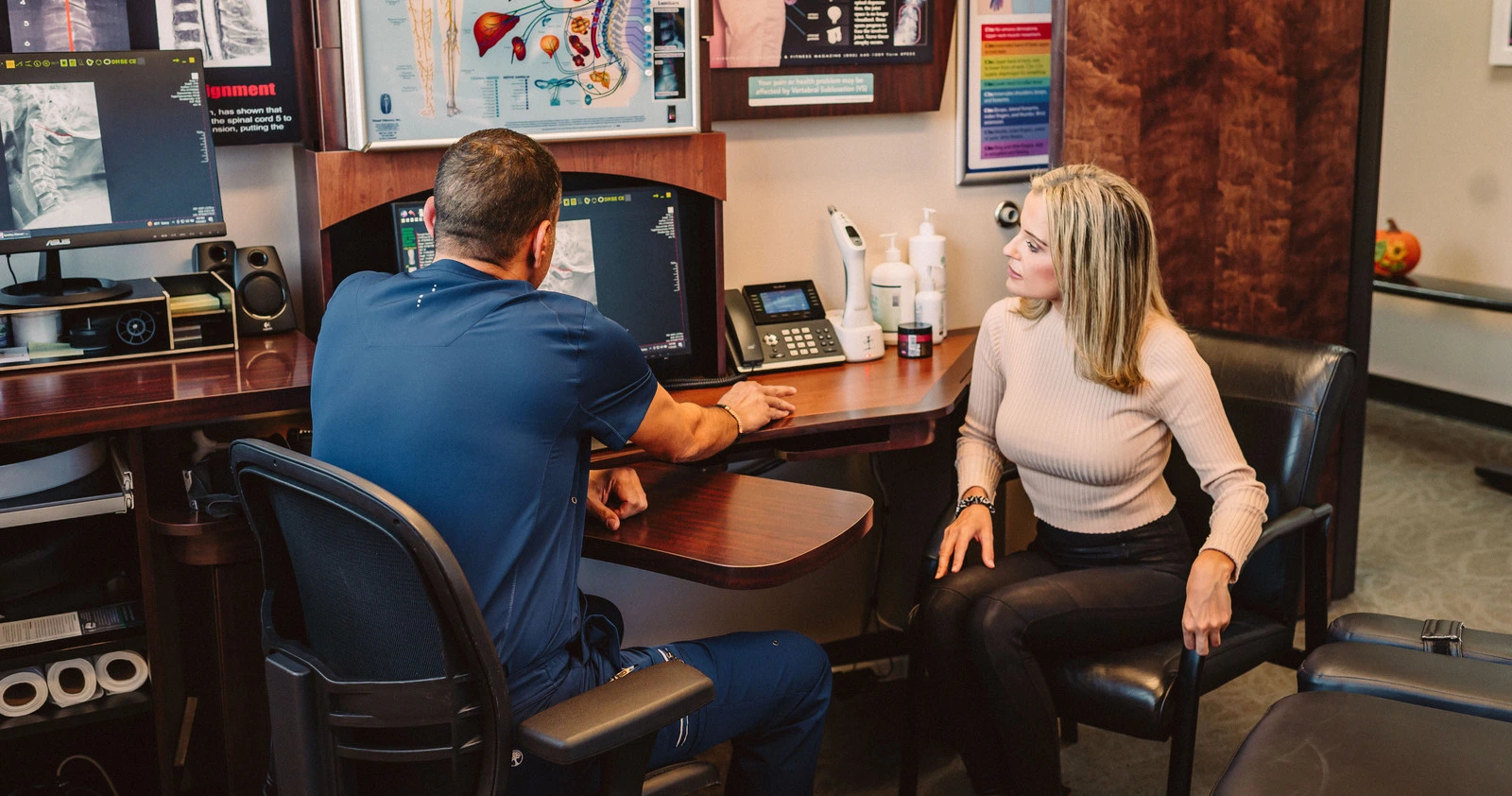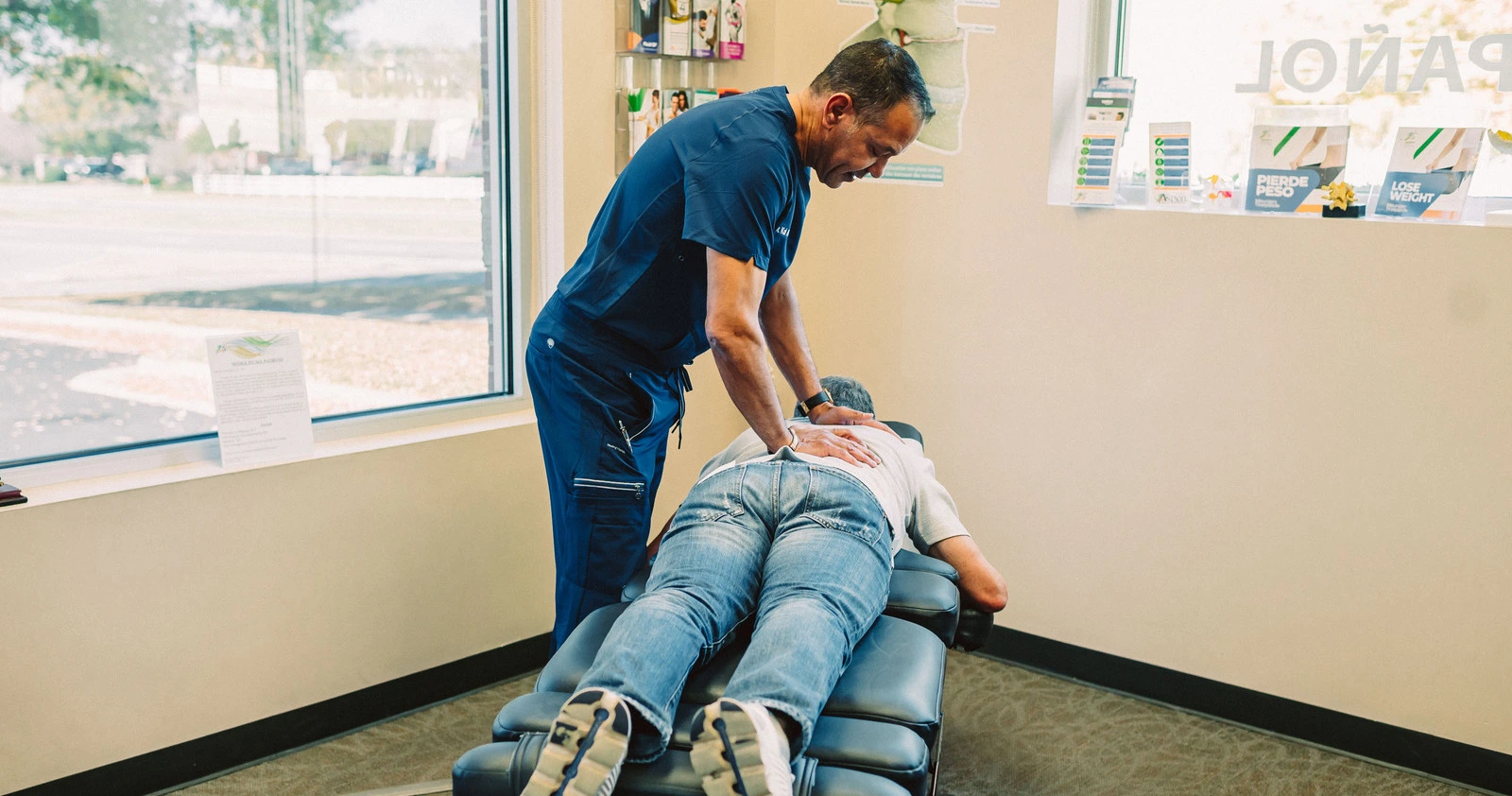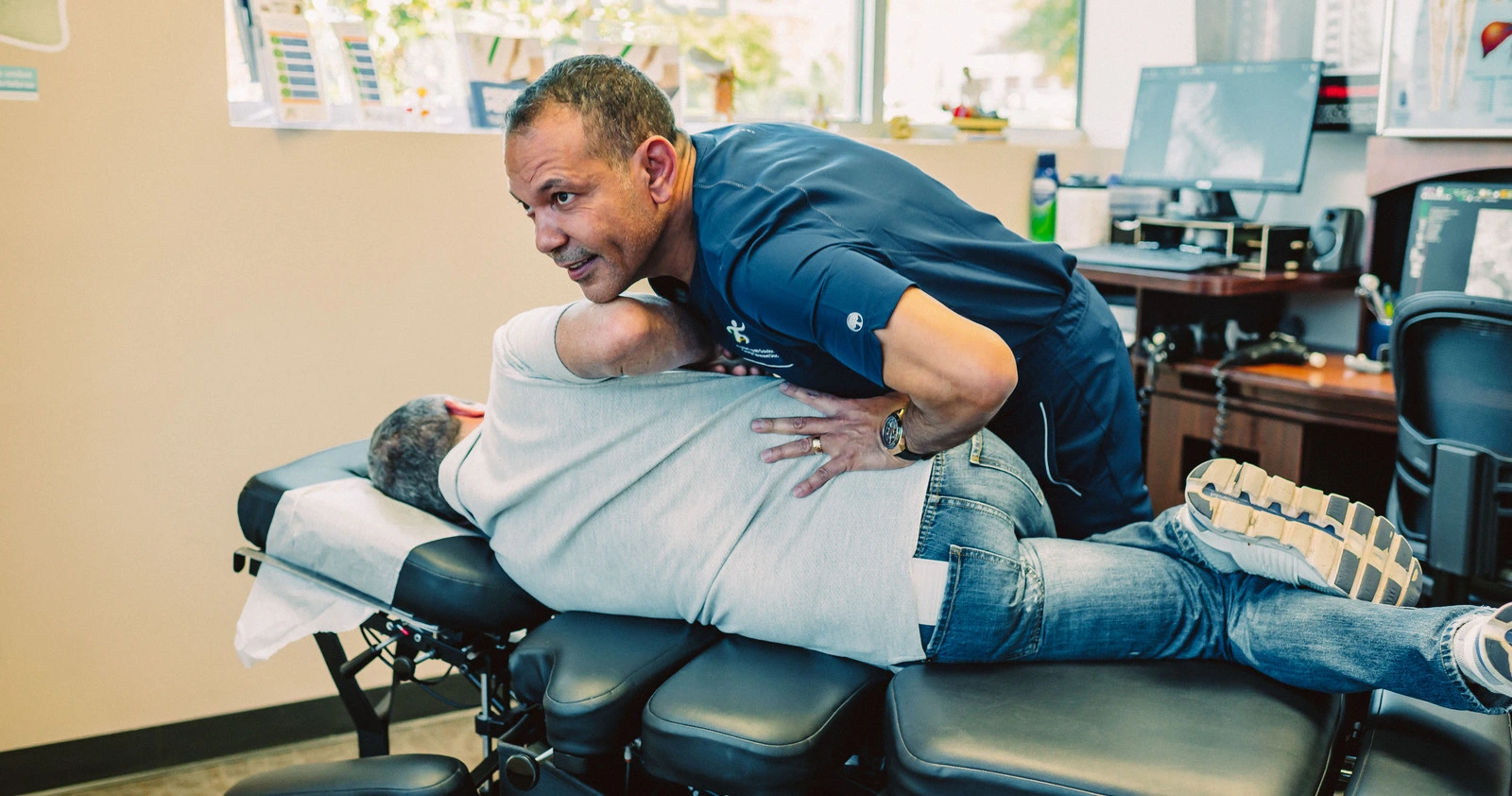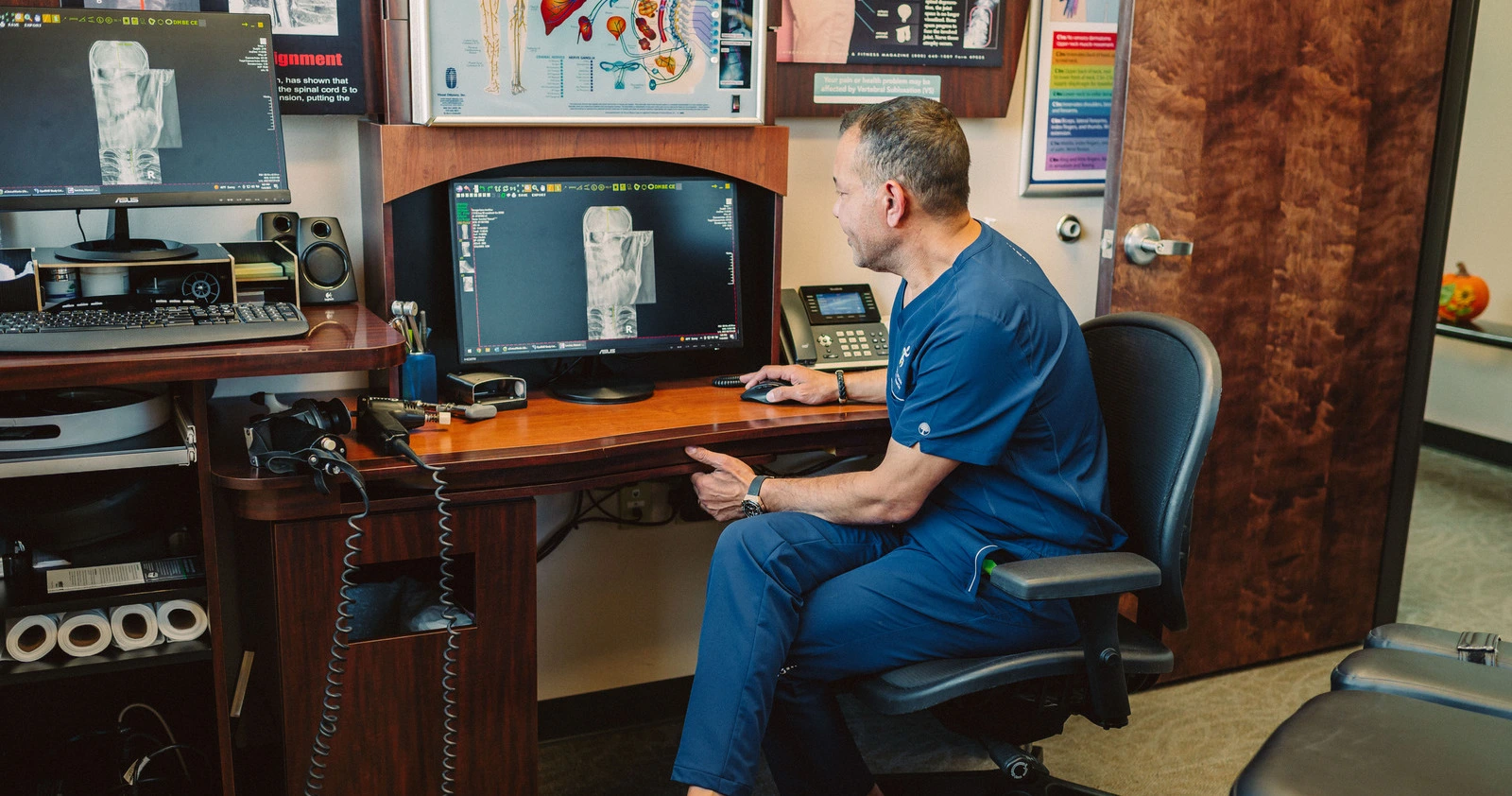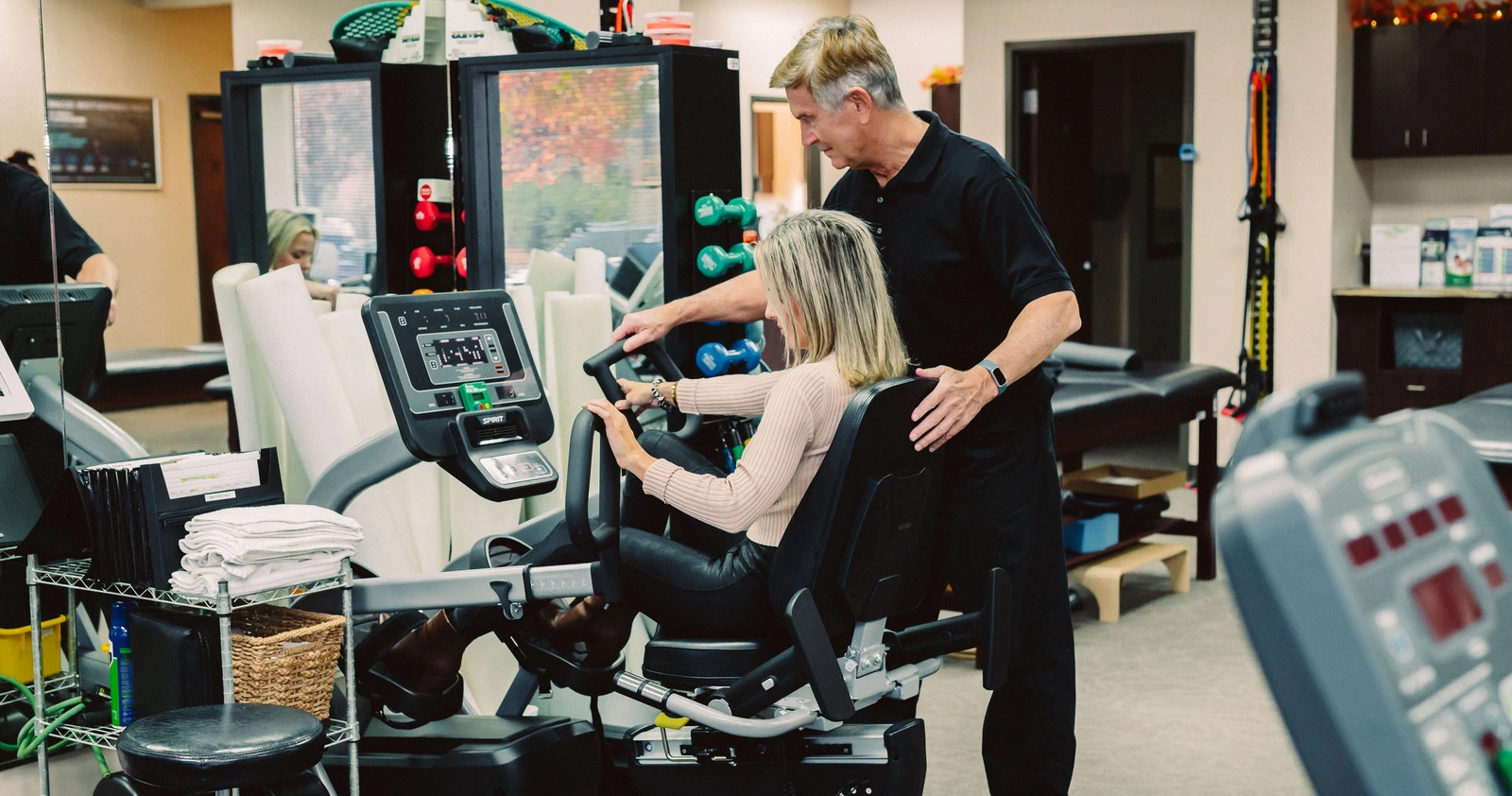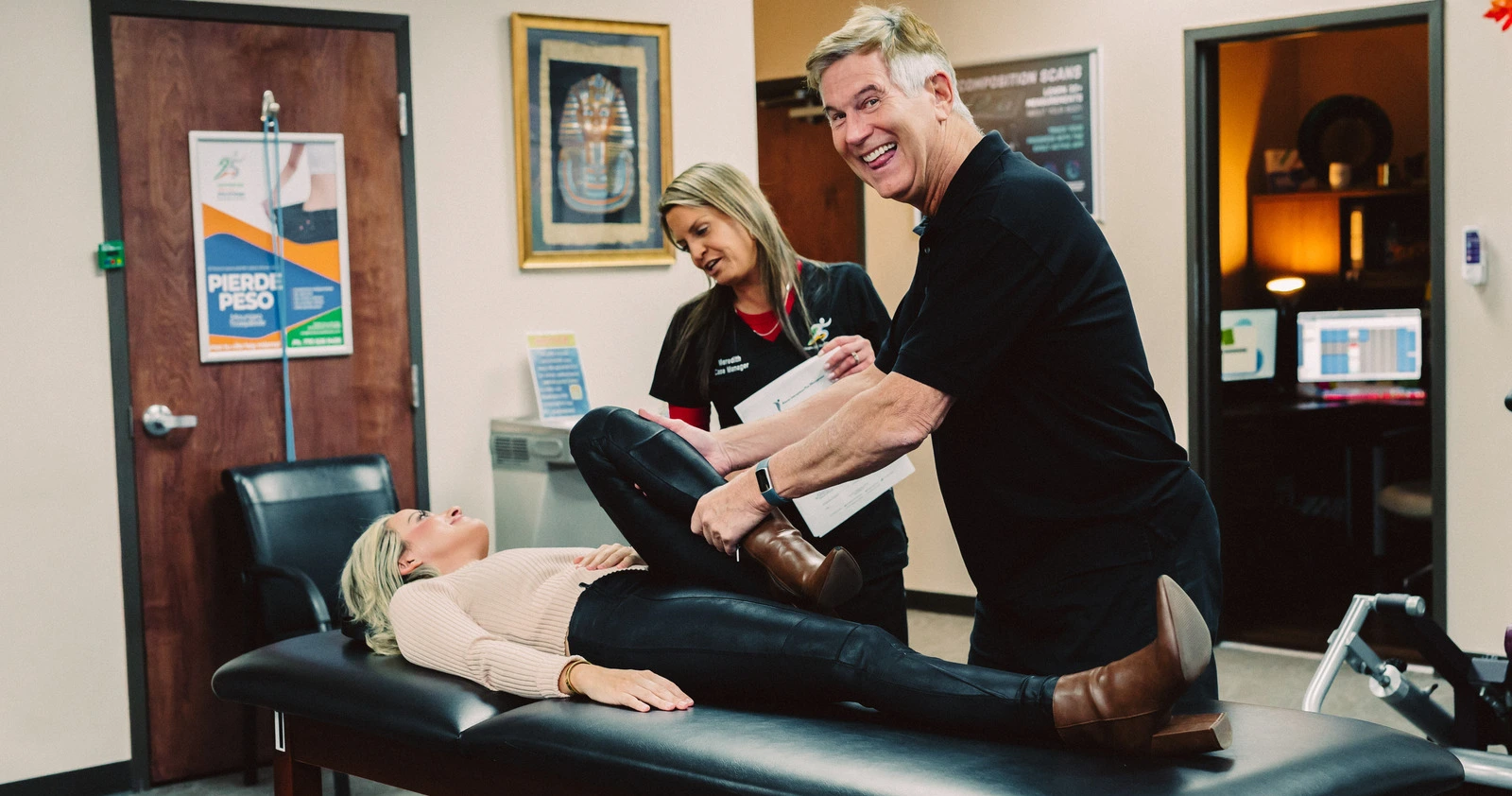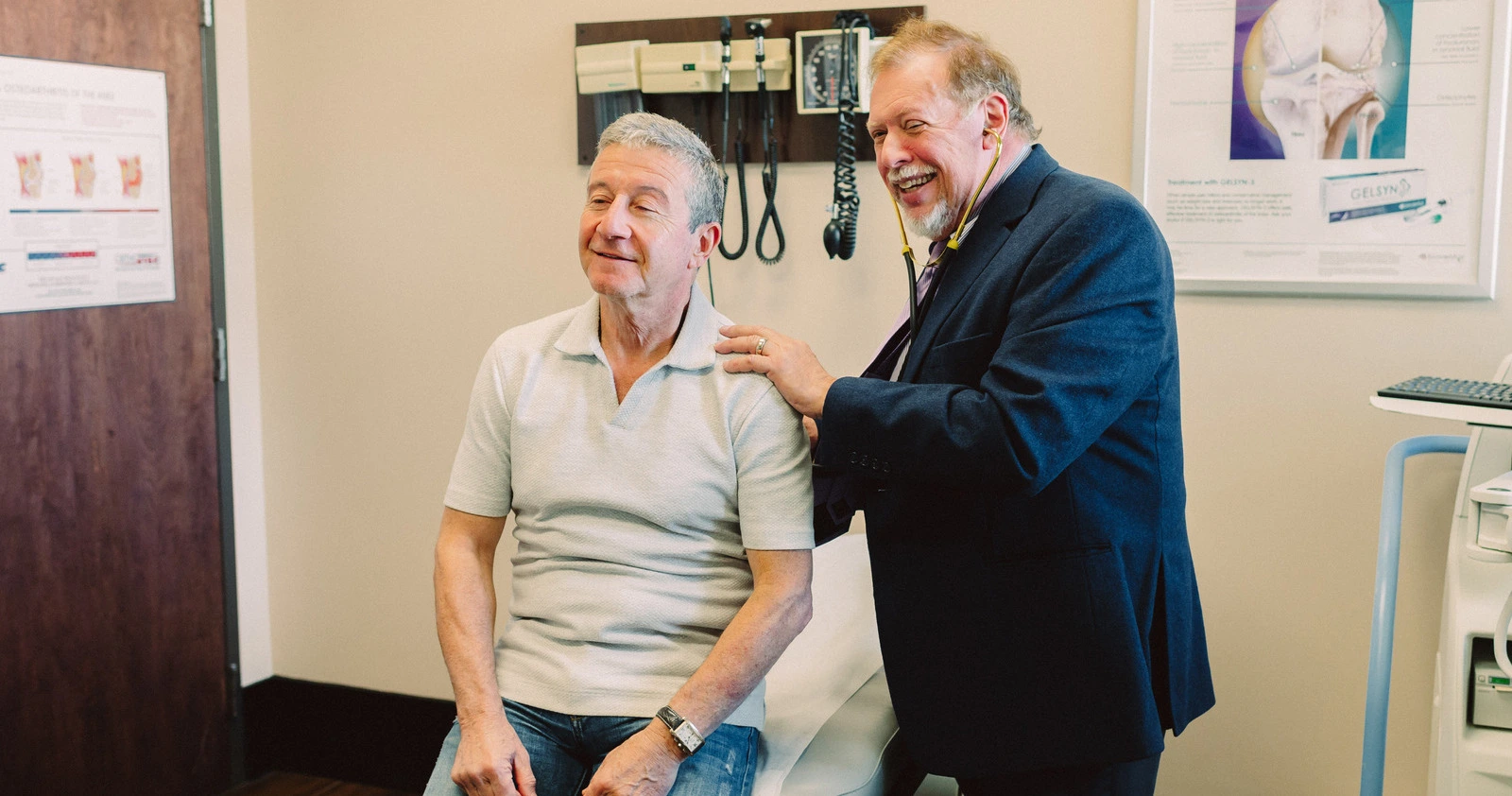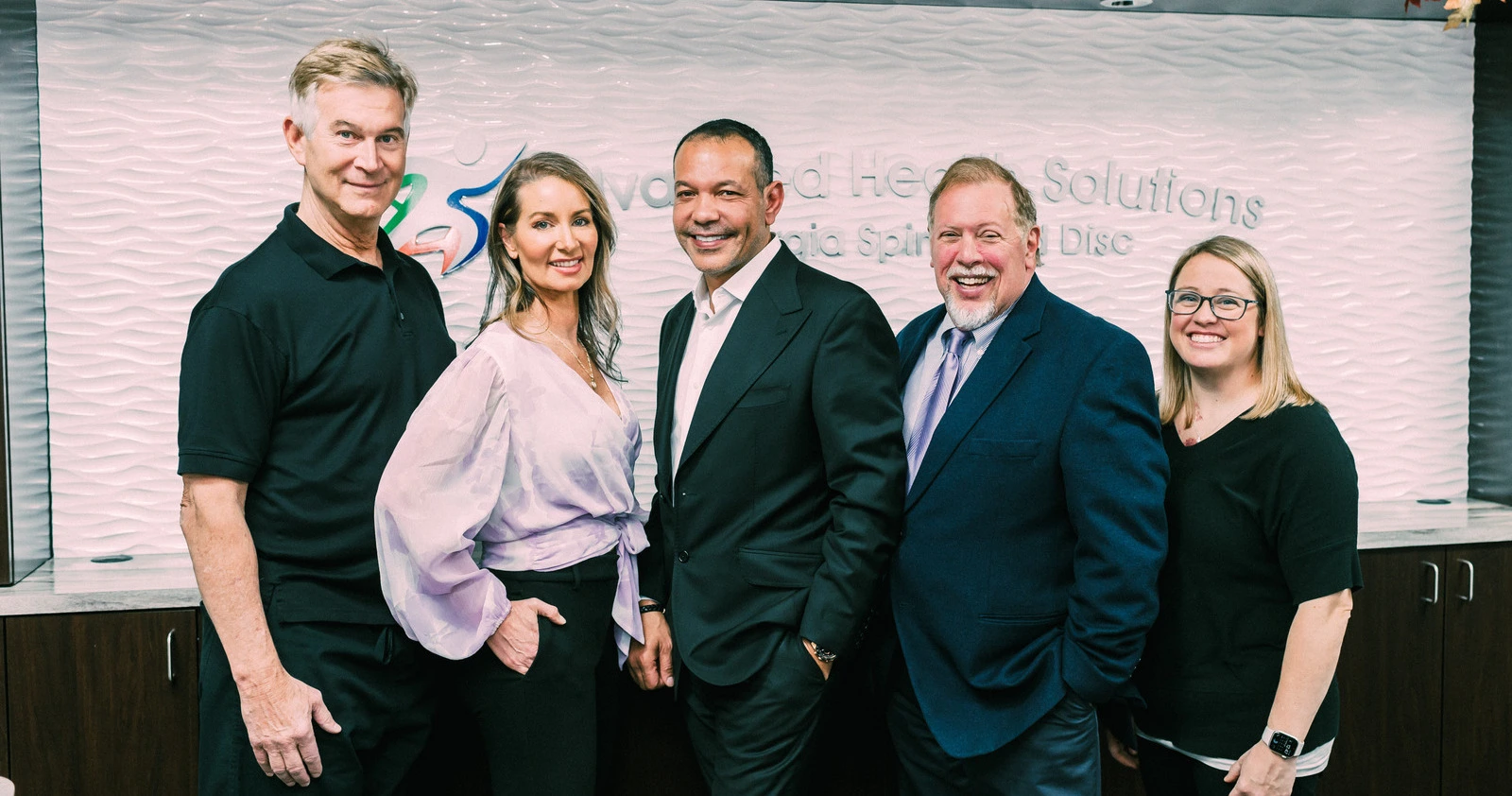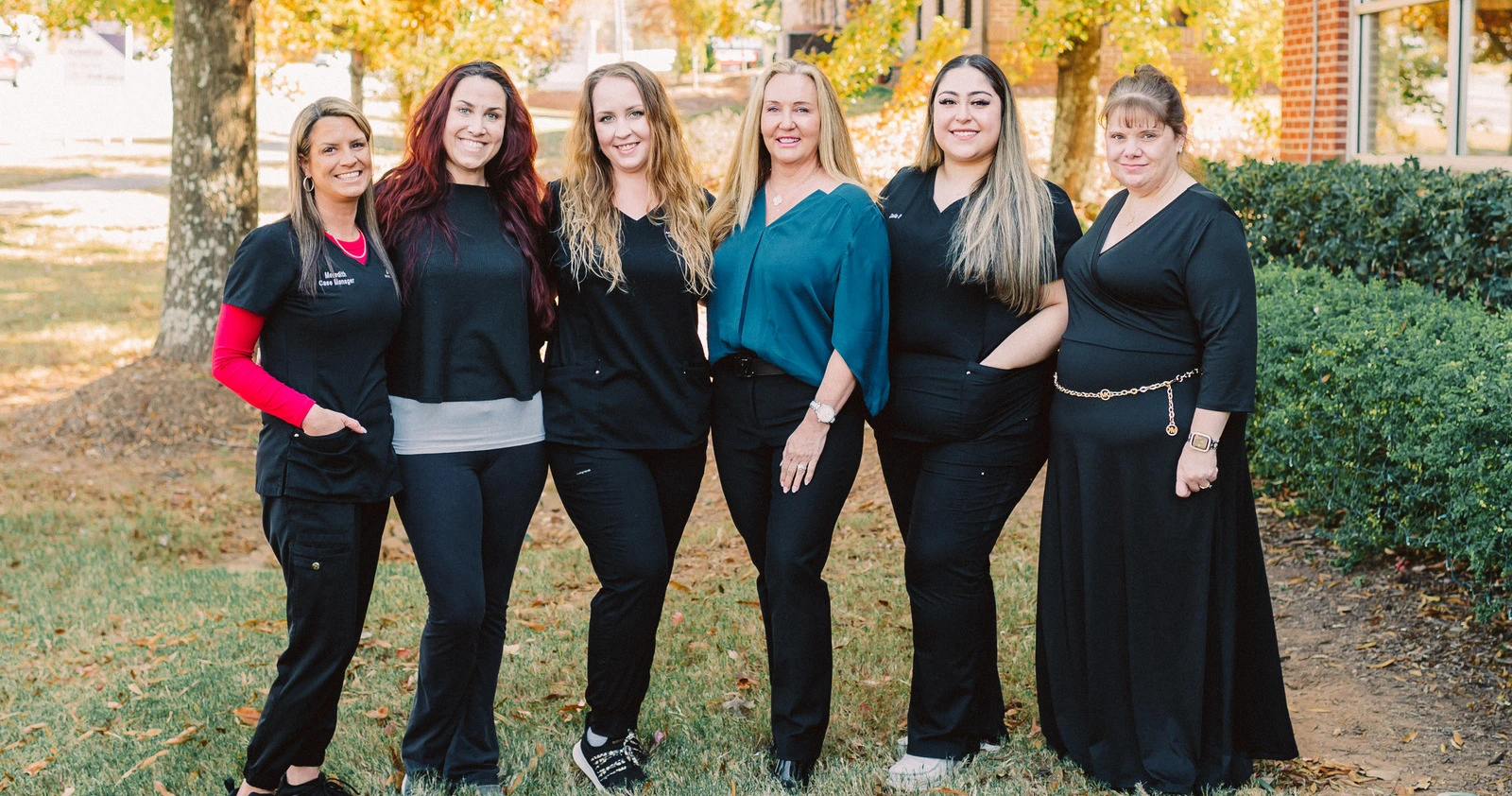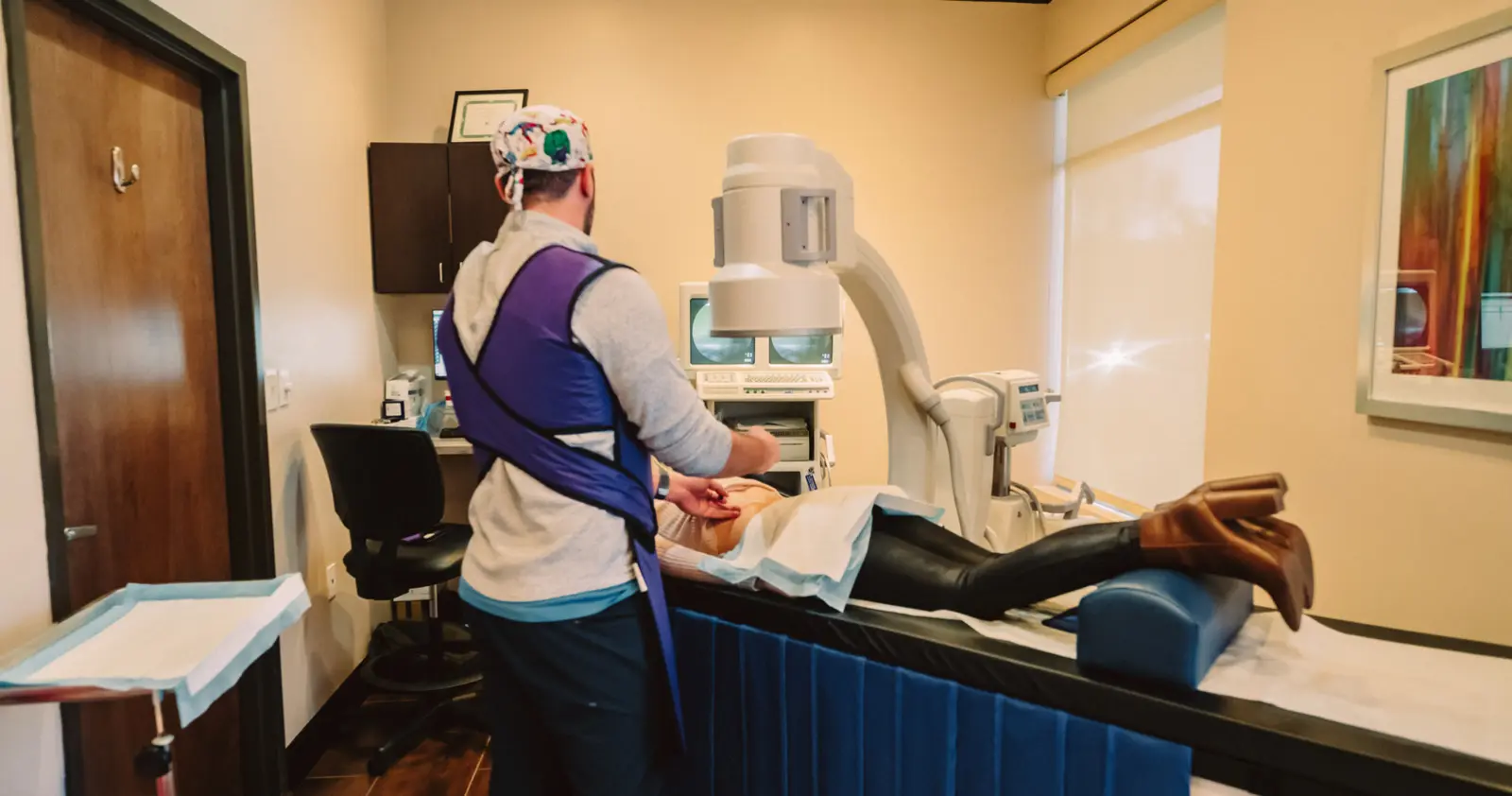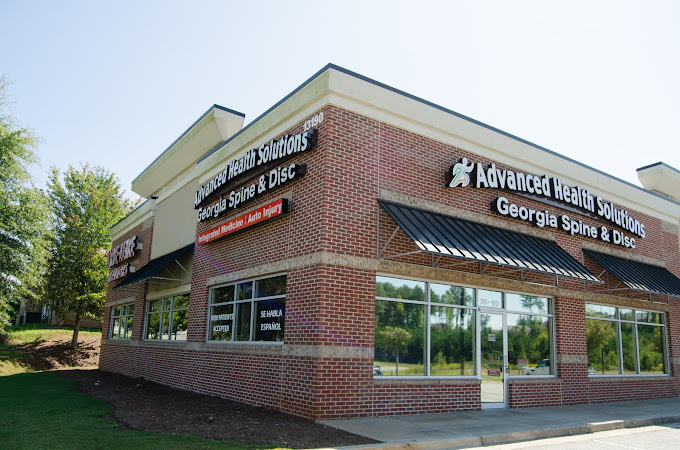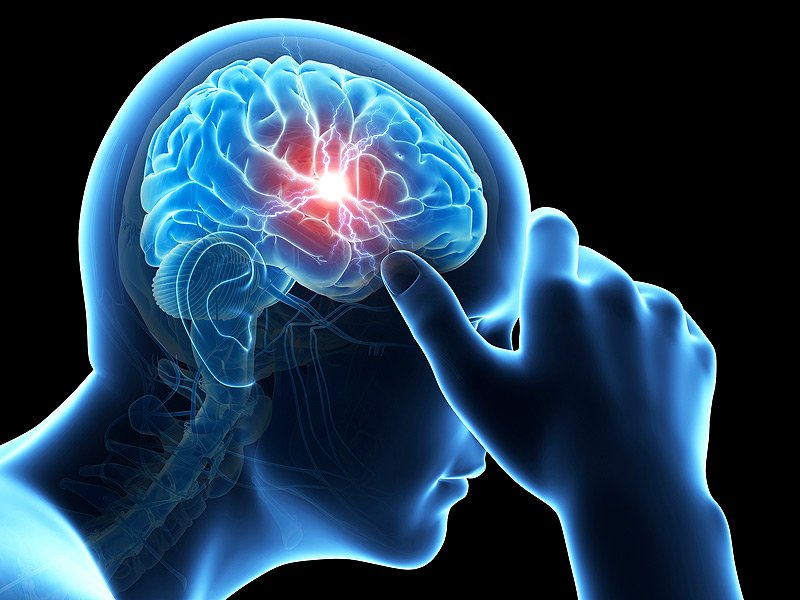
Treatment of Concussion Injury
A concussion is a mild traumatic brain injury that results from a bump, violent jolt, or blow to your head that disrupts normal brain function. A concussion can also be caused by a hit to your body that is strong enough to cause your head to forcefully jerk backward, forward, or to the side. Treatment of concussion injury depends on the severity of your symptoms. For instance, you might need surgery or other medical procedures if you have:
- swelling of the brain
- bleeding in the brain
- a serious injury to the brain
A concussion can affect how the brain works. The amount of brain injury and how long it will last depend on how severe the concussion is. A concussion may lead to loss of consciousness, memory loss, changes in alertness, headaches, and changes in thinking.
Anyone from infants to the elderly can get a concussion. If you participate in impact sports such as football or boxing, you have an increased risk of getting a concussion.
According to the CDC, between 2001 and 2009, an estimated 173,285 people under age 19 were treated in hospital emergency rooms for concussions related to sports and recreation activities. Other causes include car and bicycle accidents, work-related injuries, falls, and fighting.
Concussions stretch and bruise nerves and blood vessels and cause chemical changes in your brain that result in a temporary loss of normal brain function. A single concussion usually doesn’t cause permanent damage to your brain. Multiple concussions over a lifetime may result in structural changes in your brain.
Concussions are not usually life-threatening. However, the effects of a concussion can be serious and last for days, weeks, or even longer. Most symptoms resolve within 14 to 21 days. Headache is the most common symptom.
While recovery plans are unique to each person, all involve mental and physical rest and a gradual return to activity.
Diagnosis
Your doctor will evaluate your signs and symptoms, review your medical history, and conduct a neurological examination. Signs and symptoms of a concussion may not appear until hours or days after the injury.
The tests that your doctor may perform or recommend include a neurological examination, cognitive testing, and imaging tests.
Treatment
Treatment of concussion injury involves various steps that help your brain heal and speed recovery, including:
-
Physical and Mental Rest
In the first few days after a concussion, relative rest is the most appropriate way to allow your brain to recover. Your doctor will recommend that you physically and mentally rest to recover from a concussion.
Relative rest, which includes limiting activities that require thinking and mental concentration, is recommended for the first two days after a concussion. However, complete rest, such as lying in a dark room and avoiding all stimuli, does not help recovery and is not recommended.
In the first 48 hours, you should overall limit activities that require high mental concentration — such as playing watching TV, reading, video games, doing schoolwork, texting, or using a computer — if these activities cause your symptoms to worsen.
You also should avoid physical activities that increase any of your symptoms, such as general physical exertion, sports, or any vigorous movements, until these activities no longer provoke your symptoms.
After a period of relative rest, it is recommended that you gradually increase daily activities such as screen time if you can tolerate them without triggering symptoms. You can start both physical and mental activities at levels that do not cause a major worsening of symptoms.
Light exercise and physical activity as tolerated starting a few days after an injury have been shown to speed recovery; however, you should avoid any activities that have a high risk of exposure to another head impact until you’re fully recovered.
Your doctor may recommend that you have shortened workdays or school days, take breaks during the day or have modified or reduced work assignments or school workloads as you recover from a concussion.
Your doctor may also recommend different therapies, such as rehabilitation for balance problems, rehabilitation for vision, or cognitive rehabilitation for problems with thinking and memory.
-
Returning to Routine Activity
As your symptoms improve, you may gradually add more activities that involve thinking, such as doing more work assignments or schoolwork or increasing your time spent at work or school.
Your doctor will tell you when it is safe for you to resume light physical activity. Usually, after the first few days after injury, you are allowed to do light physical activity — such as riding a stationary bike or light jogging — before your symptoms are completely gone, so long as it does not significantly worsen symptoms.
Eventually, once all signs and symptoms of concussion have resolved, you and your doctor can discuss the steps you will need to take to safely play sports again. Resuming sports too soon increases the risk of another brain injury.
-
Pain Relief
Headaches may occur in the days or weeks after a concussion. To manage pain, ask your doctor if it is safe to take a pain reliever such as acetaminophen (Tylenol, others).
Avoid other pain relievers such as ibuprofen (Advil, Motrin IB, others) and aspirin, as these medications may increase the risk of bleeding.
Preparing for Your Appointment
It is important for anyone who has a head injury to be properly evaluated by a doctor, even if emergency care isn’t required.
If your child has had a head injury that concerns you, call your child’s doctor immediately. Depending on the signs and symptoms, your doctor may recommend seeking immediate treatment of concussion injury Woodstock.
Here is some information to help you get ready for and make the most of your doctor’s appointment.
What you can do
- Be aware of any pre-appointment instructions or restrictions. The most important thing for you to do while waiting for your doctor’s appointment is to avoid activities that cause or worsen your symptoms. Avoid sports or vigorous physical activities and minimize difficult, stressful, or prolonged mental tasks. At the time you make the appointment, ask what steps you or your child should take to encourage recovery or prevent re-injury. Experts recommend that athletes not return to play until they have been medically evaluated.
- List any symptoms you or your child has been experiencing and how long they have been occurring.
- List key medical information, including other medical problems for which you or your child is being treated and any history of previous head injuries. Also write down the names of any medications, vitamins, supplements, or other natural remedies you or your child is taking.
- Take a family member or friend along. Sometimes it can be difficult to remember all the information provided to you during an appointment. Someone who comes with you may recall something that you forgot or missed.
- Write down questions to ask your doctor.
For a concussion, some basic questions to ask your doctor include:
- Do I have a concussion?
- What kinds of tests are needed?
- How soon will symptoms begin to improve?
- What treatment approach do you recommend?
- What is the risk of long-term complications?
- What is the risk of future concussions?
- When will it be safe to resume vigorous exercise?
- When will it be safe to return to competitive sports?
- Is it safe to drive a car or operate power equipment?
- Is it safe to return to work or school?
- I have other medical problems. How can they be managed together?
- Should I consult a specialist? What will that cost, and will my insurance cover seeing a specialist? You may need to call your insurance provider for some of these answers.
- Are there any brochures or other printed material that I can take home with me? What websites do you recommend?
In addition to the questions that you have prepared to ask your doctor, don’t hesitate to ask questions about the treatment of concussion injury Woodstock that come up during your appointment.
What To Expect From Your Doctor
Being ready to answer your doctor’s questions may reserve time to go over any points you want to talk about in-depth.
You or your child should be prepared to answer the following questions about the head injury and related signs and symptoms:
- How did you get this injury?
- Do you remember what happened right before and after the injury?
- What symptoms did you experience immediately after the injury?
- Did you lose consciousness after the injury?
- Did you have seizures?
- Do you play contact sports?
- Have you had a headache? How soon after the injury did it start?
- Have you experienced vomiting or nausea since the injury?
- Have you had any problems with memory or concentration since the injury?
- Have you noticed any difficulty with physical coordination since the injury?
- Have you noticed any sensitivity or problems with your vision and hearing?
- Have you had any mood changes, including irritability, anxiety, or depression?
- Are you having trouble sleeping or waking from sleep?
- Have you felt lethargic or easily fatigued since the injury?
- Do you have any dizziness or vertigo?
- Have you noticed changes in your sense of smell or taste?
- What other signs or symptoms are you concerned about?
- Have you had any previous head injuries?
What You Can Do in The Meantime
The most important thing to do before your appointment is to avoid activities that significantly increase your symptoms and those that have an increased risk of another head impact. This includes avoiding sports or other physical activities that increase your heart rate, such as running or require vigorous muscle contractions, such as weightlifting.
Gradually resume your normal daily activities, including screen time, as you can tolerate them without significantly worsening symptoms.
If you have a headache, acetaminophen (Tylenol, others) may ease the pain. Avoid taking other pain relievers such as aspirin or ibuprofen (Advil, Motrin IB, others) if you suspect you have had a concussion. These may increase the risk of bleeding.
Treatment of Concussion Injury
More importantly, you should see a doctor as soon as possible after having a head injury for a proper evaluation to determine if you have a concussion. Advanced Health Solutions – GA Spine & Disc have highly qualified and experienced doctors that can offer treatment of concussion injury Woodstock.
Call us now at (770) 212-3991 or contact us online to make your appointment.
Treatment of Concussion Injury
